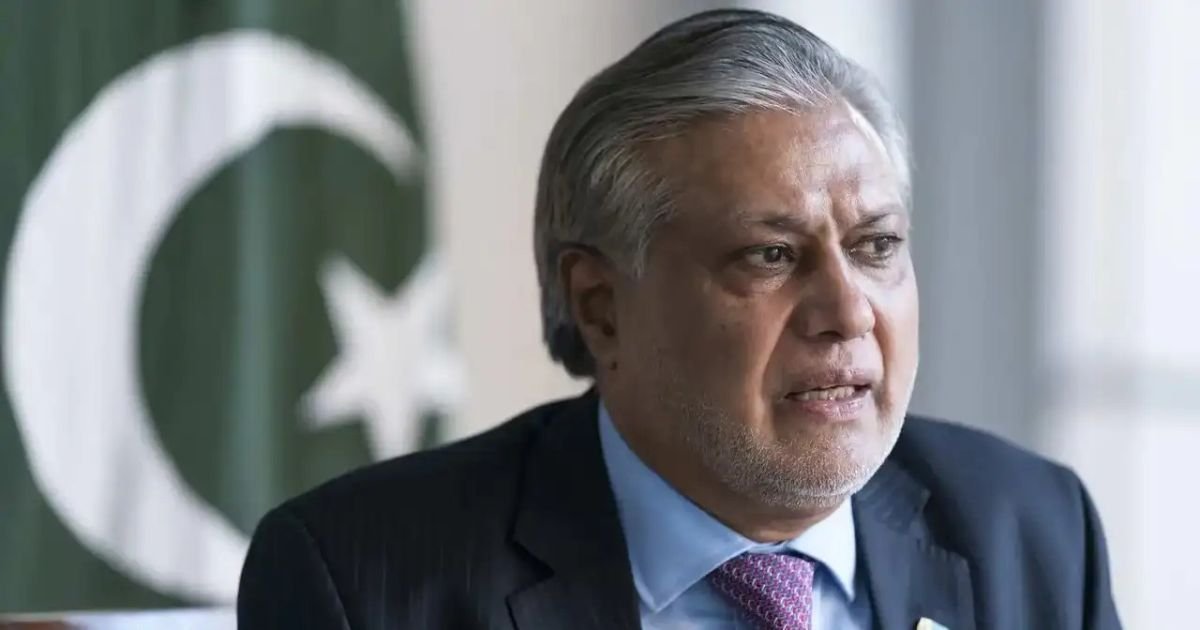Pakistan’s Deputy Prime Minister and Foreign Minister, Ishaq Dar, announced today that several countries have expressed a desire to sign similar security accords following the recent conclusion of a landmark Strategic Mutual Defense Agreement between Pakistan and Saudi Arabia. The pact, a formalization of decades of military and defense partnership, was signed during Prime Minister Shehbaz Sharif’s official visit to Riyadh.
Addressing reporters in London, Deputy Prime Minister Dar emphasized that while this development has garnered significant international interest, such strategic accords are the result of a rigorous and lengthy process. “It is premature to say anything, but many countries desire, after this development, to have a similar arrangement,” Dar stated, adding, “It [the accord with Saudi Arabia] wasn’t signed overnight. It took several months of due process.” He underscored that every word of the agreement was meticulously considered by both nations, ensuring a comprehensive and mutually beneficial framework.
The Deputy Prime Minister also took the opportunity to highlight the enduring and unwavering support Saudi Arabia has provided to Pakistan throughout its history. He pointed out the kingdom’s crucial role in assisting Pakistan during its most challenging times, from providing vital support following the international sanctions imposed after the 1998 nuclear tests to its pivotal contribution in securing the recent International Monetary Fund (IMF) bailout.
“You will recall that their support after the [nuclear] sanctions was very relevant and important,” Dar said. “Likewise, during the current crises, Saudi Arabia has also played a major role.”
The newly signed pact is a testament to the deep-rooted sentiment among the people of Pakistan regarding Saudi Arabia’s security, an issue that is felt very strongly. The agreement formalizes this long-standing bilateral partnership, creating a new framework for enhanced defense cooperation and strategic alignment.
The signing of the agreement is not directed against any third country and is a clear indicator of the two nations’ shared commitment to regional stability and mutual defense.




























